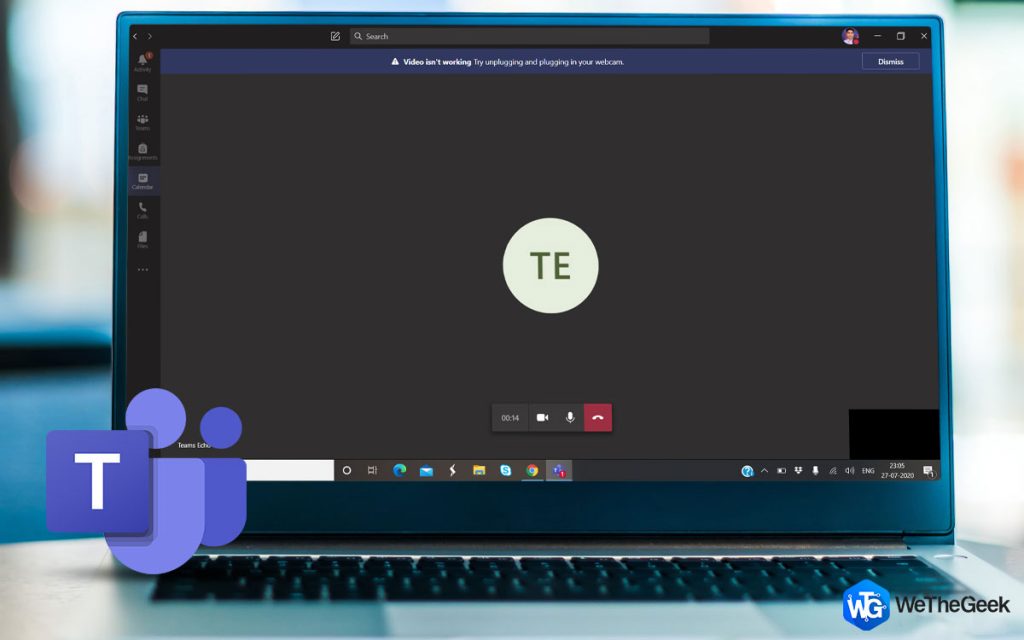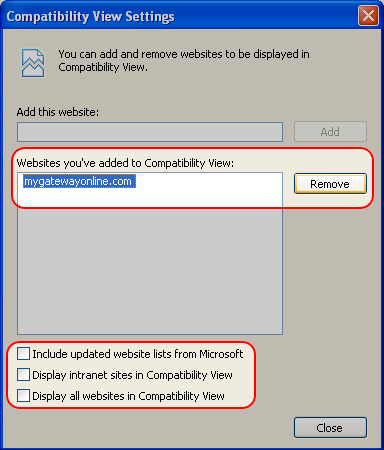

- #We detected a problem with microsoft autoupdate how to
- #We detected a problem with microsoft autoupdate install
- #We detected a problem with microsoft autoupdate update
- #We detected a problem with microsoft autoupdate upgrade
- #We detected a problem with microsoft autoupdate windows 10
In some cases, redetection of the same malware is due to an undetected malware component constantly, quietly, reinstalling the detected malware.
#We detected a problem with microsoft autoupdate upgrade
Upgrade to the latest version of Windows to benefit from a host of built-in security enhancements. To block threats from malicious websites, use a modern browser like Microsoft Edge, which uses Microsoft Defender SmartScreen to identify sites with poor reputation. Avoid websites that might contain malware, such as sites that provide illegal downloads. If you continue to encounter suspicious files that are not detected by Microsoft Defender Antivirus, submit the files to Microsoft for analysis.Įven after a piece of malware has been removed, it might come back if you visit the website that hosts it or receive it again by email. Learn more about definition updates for Microsoft Defender Antivirus and other Microsoft antimalware Under Threat definitions, select Check for updates. Under Virus & threat protection updates, select Check for updates.
#We detected a problem with microsoft autoupdate update
Update Microsoft Defender Antivirus before scanningīy default, Microsoft Defender Antivirus updates definitions automatically at least once every day. These settings significantly increase the chances of detecting never-before-seen malware and enable the automated creation of new updates that help protect all other computers running Microsoft Defender Antivirus. Make sure the settings for Cloud-delivered protection and Automatic sample submission are turned On. Under Virus & threat protection settings, select Manage settings. Select Start > Settings > Update & Security > Windows Security > Virus & threat protection. If you’ve turned them off, you should turn them back on for the best protection: Use Microsoft Defender Antivirus with cloud-based protectionīy default, the following advanced features are on. Ensure that critical security features are turned on and that Microsoft Defender Antivirus is fully updated before scanning. To detect the latest threats, use a robust antimalware product, like Microsoft Defender Antivirus, which is built into Windows. Try closing any unnecessary apps while you run the scan. If you have other programs running they may be creating a bit of a traffic jam that can slow down the malware scan, even if you're not actively using them. Scanning takes system resources like processor and memory. Run scans while your PC is idle by closing all other programs

Large files, especially archives such as ZIP files, take longer to scan. Tips to free up drive space on your PC (Windows 8.1)Īfter you've freed up some space, update and then run a scan again.įull scans can take a long time if you have a large disk with lots of files. It might be prevented from completely removing a threat if there isn't enough available space on your PC, particularly on your system drive (usually drive C). Microsoft Defender Antivirus requires disk space to remove and quarantine malware files. Make sure you have enough available disk space
#We detected a problem with microsoft autoupdate windows 10
Note: If you are planning on using BitLocker as your encryption method, you must purchase Windows 10 Pro.If scans are taking too long or appear to be progressing very slowly, consider the following solutions:
#We detected a problem with microsoft autoupdate how to
Here are instructions on how to upgrade your device to the latest version of Windows:

#We detected a problem with microsoft autoupdate install
Software that takes advantage of critical vulnerabilities can install and run on any computer as the user completes common tasks, such as browsing to a web page or opening email, without any warnings or prompts.įor example, Microsoft recently issued a security update to patch about 80 securities holes to the Windows operating system and related software.


 0 kommentar(er)
0 kommentar(er)
